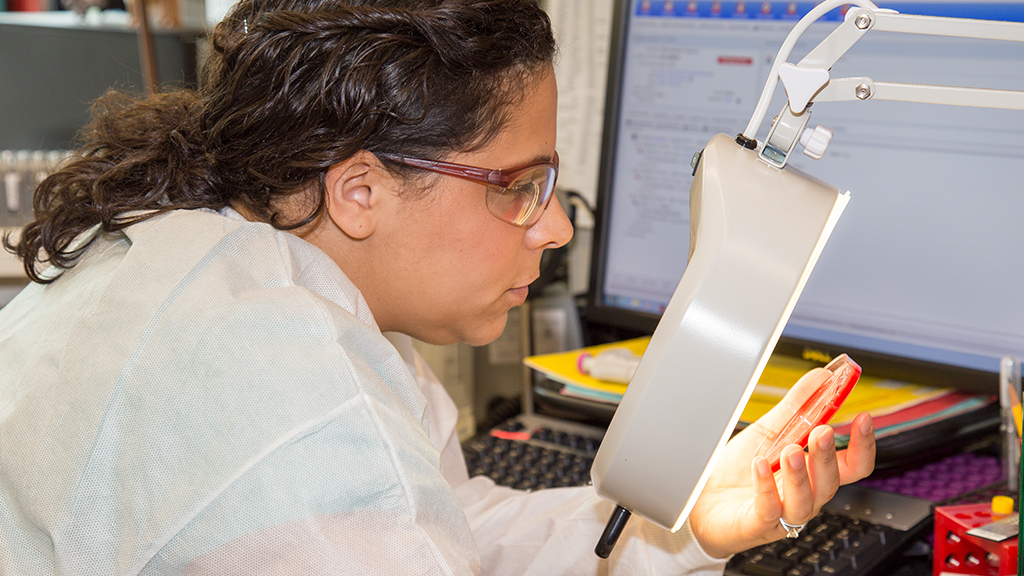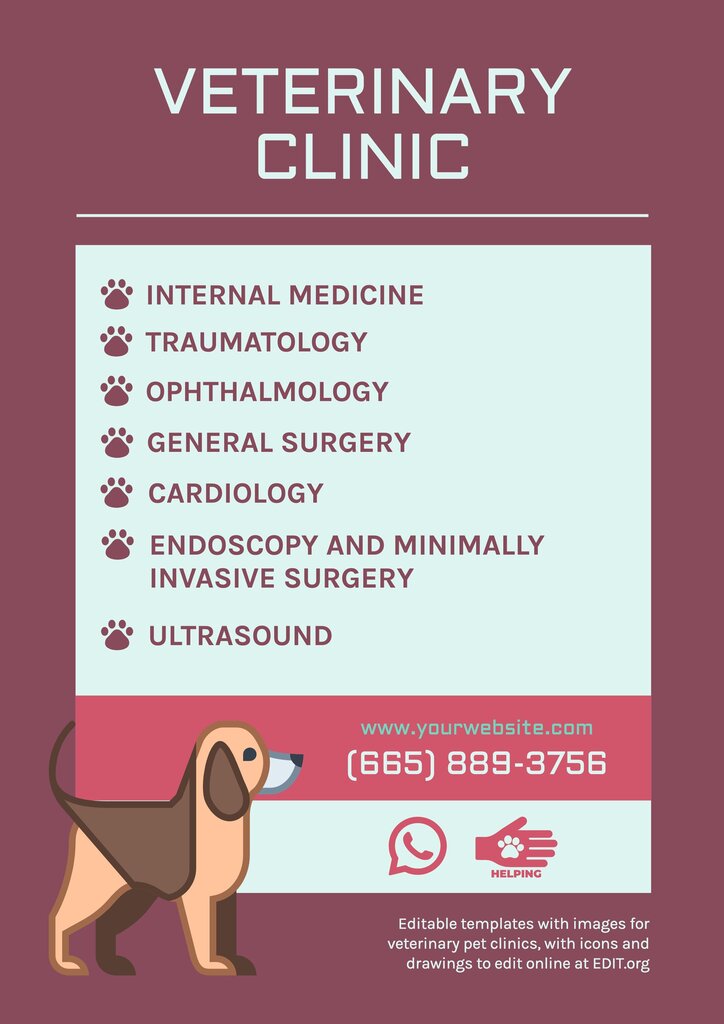Keeping your furry friends healthy ensures they live their best life. Veterinary laboratories provide essential diagnostic support for domestic animals like dogs and cats.
Throughout this resource, we’ll discuss how veterinary labs assist veterinarians, their key services, and why regular diagnostic testing is important.
Understanding the Role of Veterinary Testing Centers
Pet testing centers focus on examining health conditions in pets. Veterinary clinics use their findings to ensure timely interventions.

Their operations often includes:
- Obtaining biological samples: Key biological materials are collected from the pet.
- Testing procedures: Advanced tools examine the specimens.
- Results interpretation: The lab shares diagnostic findings to the veterinarian for health management plans.
Common Veterinary Tests for Pets
Pet labs conduct a range of diagnostic procedures to detect potential problems. Some of the most common tests include:
- Hematology panels: Monitor organ function.
- Urinalysis: Identify urinary tract infections.
- Fecal examinations: Ensure proper digestion.
- Allergy screenings: Address skin irritations.
- Diagnostic imaging: Spot tumors.
clínica e laboratório veterinário da villa
análises clínicas veterináriaexames laboratoriais veterinários
Why Regular Testing is Important for Your Pets
Ongoing health monitoring is critical to keeping your pets healthy. Spotting problems quickly ensures effective care.

Important reasons include:
- Better disease management: Tailored treatments for your pet’s needs.
- Knowing your pet is cared for: Track their wellness.
- Cost savings over time: Manage minor issues before they escalate.
Conclusion: Prioritizing Pet Health with Veterinary Labs
Relying on regular health assessments for your four-legged friends supports their overall wellness. Animal diagnostic centers deliver accurate results to address their needs proactively.
Schedule a diagnostic test today to give them the best care possible!